As solar power continues to grow in popularity, the need for skilled and reliable solar equipment installers has never been higher. Choosing the right installer is crucial to ensure a smooth and efficient transition to solar energy. This comprehensive guide provides tips on choosing the best solar equipment installer to make your renewable energy experience hassle-free.
1. Verify Licenses and Certifications
The first step when choosing a solar installer is to verify their licenses and certifications. Installers should be certified by the North American Board of Certified Energy Practitioners (NABCEP) or an equivalent body. This certification ensures that the installer has the required training and experience to perform a high-quality installation.
2. Check Experience and Expertise
Experience matters when it comes to installing solar equipment. Installers with a long history in the field are likely to have dealt with various types of installations and faced numerous technical challenges. This experience can be valuable when it comes to anticipating and solving problems that might arise during your installation. Make sure to ask about their experience with projects similar to yours.
3. Read Reviews and Ask for References
Online reviews can offer a wealth of information about a solar installer’s performance. Look for reviews on independent sites like Google, Yelp, or the Better Business Bureau. Pay attention to feedback on the installer’s professionalism, communication, quality of work, and post-installation service. Don’t forget to ask the installer for references from past clients and take the time to reach out to these references.
4. Evaluate the Quality of Equipment
Not all solar panels are created equal. The efficiency, durability, and warranty of the panels can significantly impact the overall performance and return on investment of your solar system. Ask the installer about the brands they use and research these brands to ensure they have a good reputation in the industry.
5. Compare Quotes
Once you’ve narrowed down your list of potential installers, request quotes from each one. These should detail the total cost, including equipment, installation, permits, and warranties. Be wary of quotes that seem too good to be true—they often are.
6. Assess the Warranty
A good warranty can offer peace of mind for your investment. Most solar panels come with a 25-year warranty, but the installer should also offer a workmanship or installation warranty. This covers any issues related to the installation process and can range from 1 to 10 years.
7. Look for Excellent Customer Service
Throughout the installation process, you’ll need to communicate with the installer frequently. Look for an installer who is responsive, patient, and helpful. Good customer service before the installation often indicates that the company will continue to be supportive after the panels are installed.
8. Ask about Maintenance and Aftercare
Some installers offer maintenance and aftercare services to keep your system running efficiently. This can include regular cleaning, performance checks, and repairs. If these services are included or available for a reasonable fee, it can be a significant advantage.
Shine Bright with the Right Installer
Choosing the right solar equipment installer is crucial for a smooth transition to solar power. By following these steps—verifying licenses and certifications, checking experience, reading reviews, evaluating equipment, comparing quotes, assessing warranties, looking for excellent customer service, and asking about aftercare—you can ensure you choose a skilled and reliable installer. Making the right choice means you can enjoy the benefits of solar energy without any hassle, secure in the knowledge that you’re in safe hands.


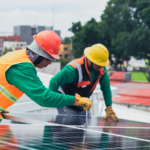
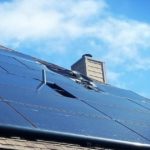

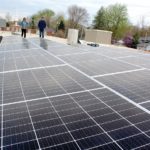

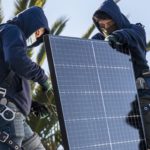
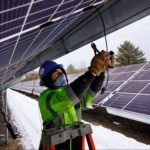
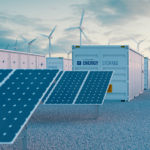
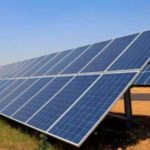



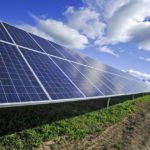

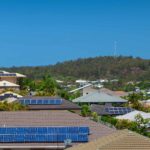
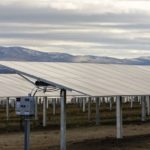




Recent Comments